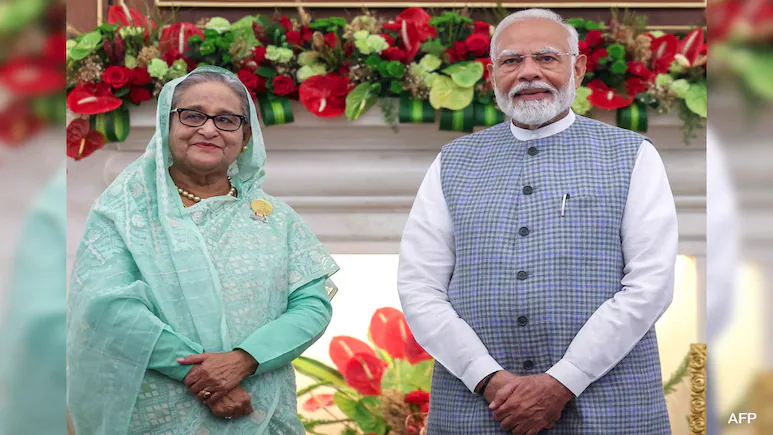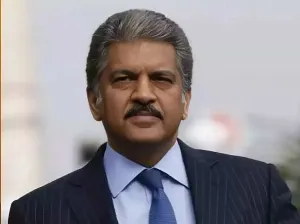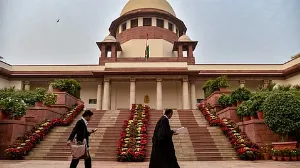Sheikh Hasina Sentenced to Death; Bangladesh Seeks Extradition from India

Sheikh Hasina, the former Prime Minister of Bangladesh, has been sentenced to death in absentia by a special tribunal for her involvement in a violent crackdown on student protests in 2024. This ruling, delivered on Monday, has been met with significant political ramifications and international attention. The tribunal's Chief Adviser, Muhammad Yunus, praised the verdict, asserting that it confirms that no individual is above the law.
In response to the verdict, Hasina described the tribunal as a 'kangaroo court', alleging that it is influenced by her political rivals who are attempting to divert attention from their governance failures. Speaking to The Times of India prior to the judgment, she expressed her belief that the outcome was predetermined.
Bangladesh's foreign ministry swiftly called upon India to extradite Hasina, labelling her a 'fugitive accused' following the tribunal's ruling. In an official letter, the ministry cited an extradition treaty between Bangladesh and India, emphasising that it is the responsibility of New Delhi to facilitate Hasina's return. The ministry described any country providing refuge to those convicted of crimes against humanity as engaging in an 'unfriendly act'.
India's reaction has been measured. The Ministry of External Affairs issued a statement acknowledging the verdict from the International Crimes Tribunal of Bangladesh. It reaffirmed India's commitment to the welfare of the Bangladeshi people, advocating for peace, democracy, and stability in the region. However, the statement did not indicate whether India would comply with Bangladesh's request for extradition.
Since her ouster following widespread protests last year, Hasina has been residing in India, where she is reportedly receiving protection. Her son, Sajeeb Wazed, stated that she is currently in a secure location in New Delhi. Hasina has expressed gratitude to the Indian people for their support during her self-imposed exile.
The complexities surrounding Hasina's potential extradition stem from the extradition treaty between India and Bangladesh, which includes provisions that could prevent extradition in cases deemed politically motivated. Article 6 allows for the refusal of extradition if the alleged offence is of a political nature. While the Bangladeshi government may argue that murder is not politically motivated, Article 8 provides that extradition may also be refused if the accused can prove that the charges lack good faith in the interest of justice. Therefore, any decision on extradition is expected to be a lengthy and intricate process.
India is likely to consider the broader implications of the ruling for Bangladesh's political landscape and its own strategic interests in the region. As a growing power, India may be hesitant to abandon Hasina, who has been a key ally in managing radical Islamist movements and maintaining regional stability.
The ruling may also heighten tensions within Bangladesh as the Awami League, Hasina's political party, faces challenges in the lead-up to upcoming elections. Hasina has previously stated that her party implemented significant electoral reforms, including the use of transparent voting practices, to ensure democratic processes in the country.
As Bangladesh approaches its first election since Hasina's removal, the political dynamics remain fluid, with both domestic and international stakeholders closely monitoring developments.

Bangladesh Seeks Extradition of Sheikh Hasina Following Death Sentence

Tom Cruise Receives Honorary Oscar at Governors Awards Ceremony

Anand Mahindra Highlights Skilled Worker Shortage in the US

Supreme Court Raises Concerns Over Liquor in Tetra Packs





